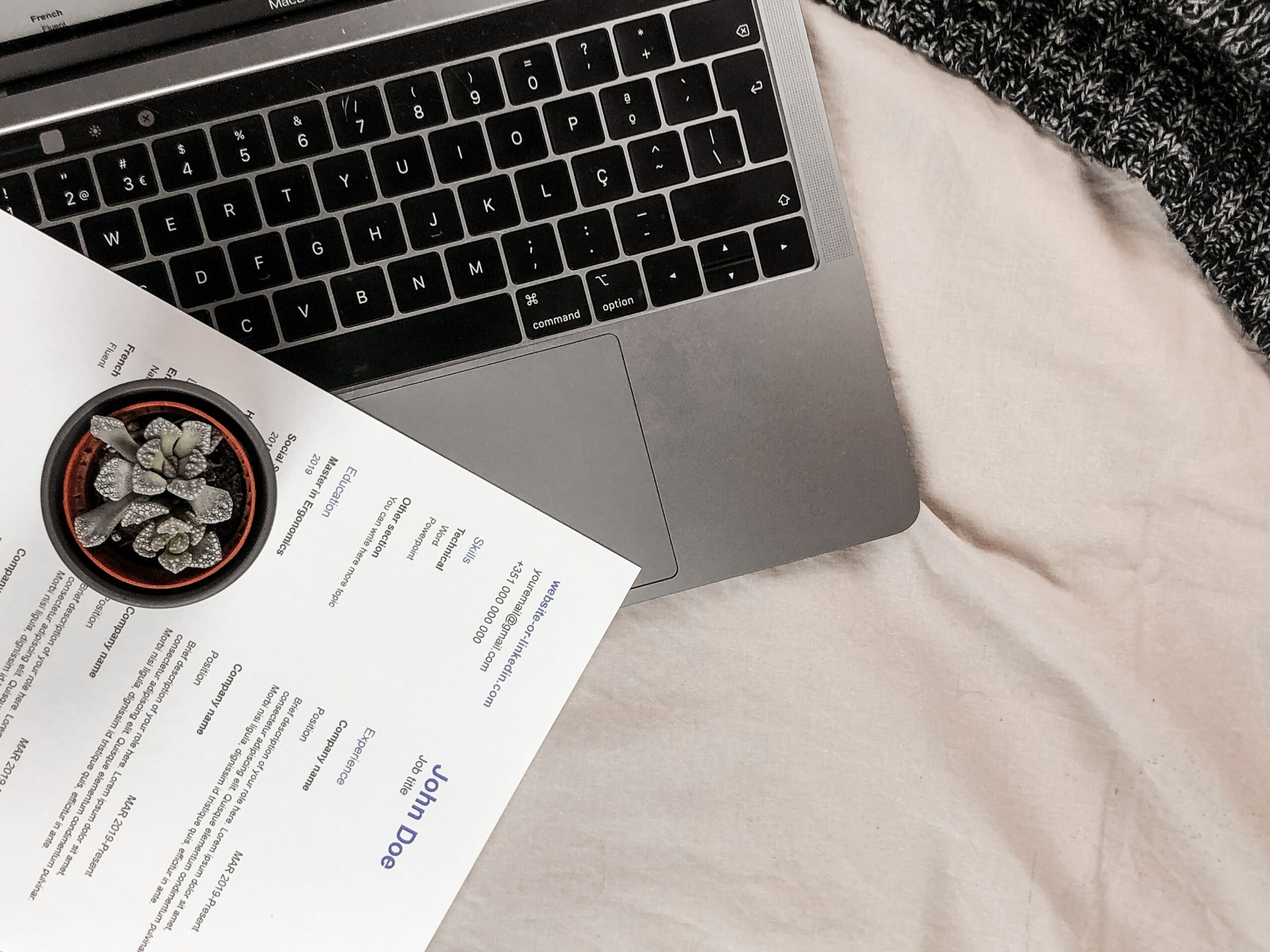
Resume Tips for College Students
The resume is an essential tool for a college student or fresh graduates when applying for internships and jobs. It isn’t just something you throw into the pile or forget when you don’t hear back from the employer; it’s your first step to a potentially successful job interview.
However, creating an effective resume is a tricky task. With no experience under your belt, it’s hard to convince hiring professionals that you’re ready for the job. That said, there are still things to include on your resume to show how good you are for the job.
To help you with this pursuit, we compiled some of the most effective resume tips for college students with no experience. When you incorporate these guides, they’ll help your resume get noticed by potential employers.
Make Your Resume Header and Objective Clear
The first thing hiring professionals will look at is the header of your resume. This should include a professional email address, updated contact information, and a URL to your portfolio (if you have one). You must write an effective objective statement to create a good impression for them to continue reading your full resume.
Customize Your Resume to the Intended Position
You must take the time to customize your resume to fit the position you’re applying for. This can be done by carefully reading the job description and aligning your skills and qualifications to those listed in the job requirements. It also makes sense to research the company and the position, so you have a better grasp of their culture and can convey how you can add value to the company.
Highlight Your Education
Most college students or even fresh graduates lack work experience. In place of that, you can focus on your skills and education before anything else. You should clearly present your academic background and achievements related to the job vacancy.
Expand Your Work Experience
A well-rounded resume includes volunteer work and a careful selection of internships you had in your college years. If you don’t have formal work experience, you can add summer jobs or part-time jobs, then relate them to the job you’re applying for. You can incorporate how these prior exposures helped you build your strengths in both your personality and professionalism, such as leadership, critical thinking, or interpersonal skills. By doing this, you’re giving the employer a reason to call you for a job interview.
Avoid Errors
Before submitting your resume, ensure that it’s error-free. You wouldn’t want misspelled words or improper grammar. Make it a habit to proofread your work twice or more. This will create a good impression that you’re professional and have keen attention to detail, which is a big plus for any applicant!
Final Words
In the end, a well-written resume isn’t just your ticket to an interview; it’s also an opportunity to showcase your personality, work ethic, and past experiences. Don’t forget that your resume should speak of who you really are; it serves as a concrete representation of the kind of person you can be at work. We hope these resume-building tips for college students will help you land your dream job soon.